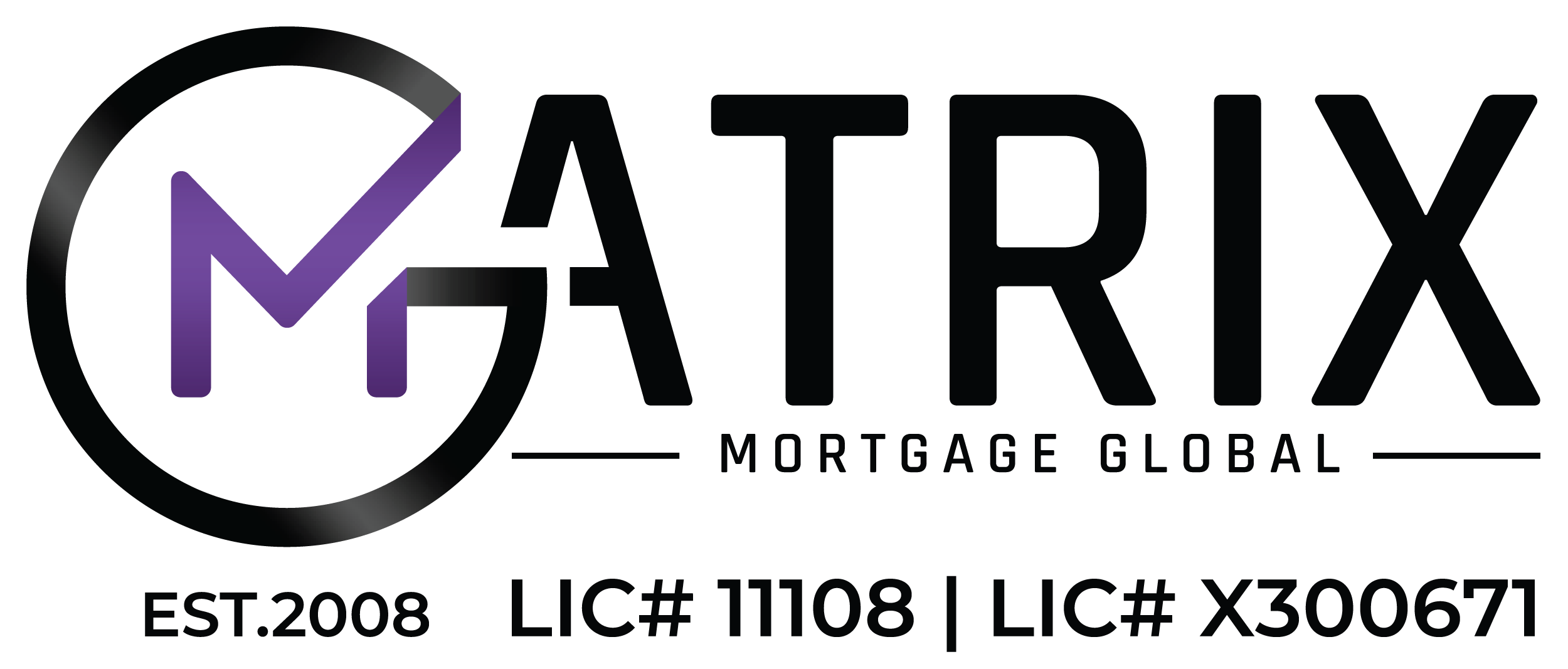
What is Mortgage Refinance and why go for refinancing process?
Mortgage Refinance
Are you tired of your current mortgage payments? Do you want to lower your interest rate and monthly payment? If so, it may be time to consider refinancing your mortgage. Refinancing allows homeowners to replace their existing mortgage with a new one that has better terms and rates. However, there are several factors to consider before making the decision to refinance. In this blog post, we will explore how refinancing works, the benefits and drawbacks of refinancing, how to find the best refinance rate and much more. So sit back and relax as we guide you through everything you need to know about mortgage refinancing!
How does refinancing a mortgage work?
Refinancing a mortgage involves replacing your existing loan with a new one that has better terms and rates. The process is similar to applying for a new home loan, and it usually requires an appraisal of the property.
When you refinance your mortgage, you can choose to extend or shorten the term of your loan depending on your financial goals. If you want to reduce your monthly payments, extending the term will help achieve this goal. On the other hand, shortening the term will increase your monthly payment but save money in interest over time.
To qualify for refinancing, lenders will look at various factors such as credit score, debt-to-income ratio and employment history. A good credit score may result in lower interest rates while high income can improve chances of approval.
It’s important to note that refinancing comes with closing costs similar to those incurred when buying a house originally. These fees include appraisal fee, title search fees and attorney fees among others.
In summary, refinancing allows homeowners to replace their current mortgage with a new one offering better terms and rates while providing flexibility in choosing the length of their loans based on individual needs and goals.
How to find the best refinance rate
When it comes to refinancing your mortgage, finding the best refinance rate is crucial. A lower interest rate can save you thousands of dollars over the life of your loan. Here are some tips on how to find the best refinance rate.
First and foremost, shop around for rates from multiple lenders. Don’t just settle for the first offer you receive. Compare rates and fees from different lenders to ensure that you’re getting a good deal.
Consider working with a mortgage broker who can connect you with multiple lenders and help you find the best rate. Brokers have access to a variety of lending options that may not be available through traditional banks or credit unions.
Check your credit score before applying for a refinance loan. A higher credit score typically results in better interest rates, so take steps to improve your score if necessary.
Consider locking in your interest rate once you’ve found an offer that meets your needs. Interest rates fluctuate daily, so locking in a rate can protect against any sudden increases while processing your application.
By following these tips and doing research beforehand, finding the best refinance rate doesn’t have to be difficult or stressful!
Important Reasons to refinance your Mortgage
Refinancing your mortgage can be a smart financial move if the timing and circumstances are right. Here are some important reasons why you might consider refinancing your mortgage:
1. Lower Interest Rates: Refinancing can help you take advantage of lower interest rates, which could mean significant savings over time.
2. Change in Financial Situation: If your financial situation has changed since you first took out your mortgage, then refinancing may make sense for you. For example, if you have improved credit or increased income, you may qualify for better terms.
3. Shorten Mortgage Term: Refinancing to a shorter term can help pay off your loan faster and save money on interest payments.
4. Cash-Out Refinance: You may want to do a cash-out refinance to access some of the equity in your home for things like home improvements or debt consolidation.
5. Switching from Adjustable-Rate to Fixed-Rate Mortgage: If you have an adjustable-rate mortgage (ARM), switching to a fixed-rate option could offer more stability and predictability when it comes to monthly payments.
Ultimately, whether or not refinancing is right for you depends on many factors unique to your personal finances and goals. It’s important to weigh the potential benefits against any costs associated with refinancing before making a decision that works best for you and your family’s needs.
Benefits of Refinancing
Refinancing your mortgage offers a host of benefits that can ultimately save you money over the life of your loan. One major benefit is the ability to obtain a lower interest rate, which can decrease monthly payments and overall interest costs. This means more cash in your pocket every month to allocate toward other expenses or investments.
Another advantage of refinancing is the opportunity to switch from an adjustable-rate mortgage (ARM) to a fixed-rate mortgage. This provides stability and peace of mind since you won’t have to worry about fluctuations in interest rates causing unpredictable changes in monthly payments.
Refinancing also allows homeowners with equity built up in their homes to access cash through a cash-out refinance. The funds gained from this type of refinance can be used for anything from home improvements and debt consolidation to funding college tuition or unexpected medical bills.
Refinancing gives borrowers the chance to shorten their loan term without significantly increasing their monthly payment amount. By paying off your loan faster, you’ll build equity quicker and pay less total interest over time.
In summary, there are numerous benefits associated with refinancing your mortgage – including lower interest rates, increased financial flexibility, improved stability and shorter loan terms.
Pros and cons of refinancing a mortgage
Refinancing a mortgage can offer several benefits, but it’s important to weigh the pros and cons before making a decision.
One of the significant advantages of refinancing is that it can lower your monthly mortgage payment by securing a lower interest rate. This means you could save money in the long run, as well as have more disposable income each month.
Another benefit is that refinancing can help shorten your loan term, allowing you to pay off your mortgage sooner. Moreover, if you have accumulated equity in your home over time, refinancing may enable you to access some cash for other expenses or investments.
On the downside, there are closing costs associated with refinancing which could add up to thousands of dollars. Additionally, if you refinance from an adjustable-rate mortgage (ARM) to a fixed-rate one – while this will provide stability – it could mean higher monthly payments in some cases.
Keep in mind that getting approved for a refinance requires going through another rigorous underwriting process and submitting documentation like employment history and credit reports again.
Types of mortgage refinancing
When it comes to mortgage refinancing, there are different options available for borrowers. Here are the most common types of mortgage refinancing:
1. Rate-and-Term Refinance: This type of refinance involves replacing your current loan with a new one that has better rates and terms. The goal is to reduce your monthly payments or shorten the term of your loan.
2. Cash-Out Refinance: With this option, you can borrow against the equity in your home and receive cash at closing. The amount you can get depends on how much equity you have built up over time.
3. Streamline Refinance: If you have an FHA or VA loan, a streamlined refinance may be available to you without the need for an appraisal or income verification.
4. HARP Refinance: For homeowners who owe more than their home is worth, the Home Affordable Refinance Program (HARP) allows them to refinance into a lower rate even if they don’t have any equity in their homes.
It’s important to note that each type of refinancing has its own set of requirements and fees associated with it. Before deciding which one is right for you, make sure to do your research and consult with a mortgage professional like Matrix Mortgage Global who can guide you through the process based on your specific financial situation and goals.
Refinance Process
The refinance process can seem daunting at first, but it doesn’t have to be. Here are the basic steps involved in refinancing your mortgage:
1. Determine Your Goals: Start by determining why you want to refinance and what your goals are.
2. Check Your Credit Score: Your credit score will play a major role in whether or not you qualify for a refinance, so make sure it is accurate and up-to-date.
3. Shop Around for Lenders: Don’t settle on the first lender that comes along – shop around and compare rates to find the best deal.
4. Gather Required Documentation: You’ll need to provide documentation such as pay stubs, tax returns, and bank statements as part of the application process.
5. Submit an Application: Once you’ve found a lender and gathered all required documents, submit your application for review.
6. Wait for Approval: The approval process can take anywhere from a few days to several weeks depending on the lender’s policies.
7. Closing Day: If approved, On closing day sign all necessary paperwork with your lawyer
Overall, it’s important to do your research before starting the refinance process so that you know what to expect every step of the way!
Conclusion
In summary, mortgage refinancing can be a smart financial move for many homeowners. By lowering monthly payments, reducing interest rates, and changing the loan terms to better suit your financial situation, you could potentially save thousands of dollars over the life of your mortgage.
As with any major financial decision, it’s important to do your research and carefully consider all factors before deciding whether or not to refinance. Use online tools like Matrix Mortgage Global’s refinancing calculator to estimate potential savings and weigh them against closing costs.
If you decide that mortgage refinancing is right for you, work with a reputable lender who can guide you through the process and help ensure that everything goes smoothly. Remember: every homeowner’s situation is unique. Depending on your goals and circumstances, refinancing may or may not make sense for you. But by following these tips and doing your due diligence ahead of time, you’ll have a much better chance of making an informed decision that benefits both your finances today and in the long-term future!

